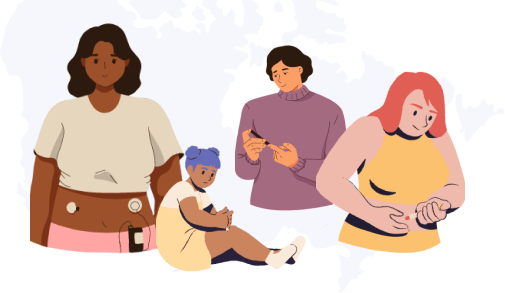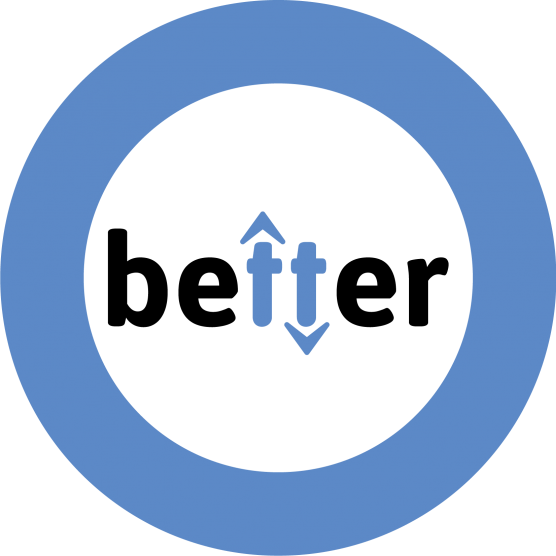People with a chronic illness such as type 1 diabetes (T1D) are recommended to carry some form of medical ID, generally a bracelet, a pendant or a card, which alerts people that they have T1D and, in some cases, provides an emergency contact number.
The reason for this recommendation is that if a person loses consciousness, first responders (paramedics, firefighters or police officers) will be able to take adequate steps, such as measuring capillary blood sugar. In the event of severe hypoglycemia (loss of consciousness or requiring someone’s help for treatment), wearing medical ID could therefore be crucial.
Why do some people choose not to wear them?
According to preliminary data from the BETTER registry of people living with T1D in Quebec, close to 50% of respondents don’t wear any medical ID.
There are many likely causes:
- Medical ID states publicly your health condition, which some people are not comfortable doing.
- Traditional medical IDs (such as bracelets) may look unappealing.
- Sometimes, medical IDs are simply uncomfortable or impractical, depending on your lifestyle or occupation.
Some people may also believe that medical IDs are not necessary. But it is important to remember that severe hypoglycemia can affect anyone living with T1D. And even if you’re convinced it cannot happen to you, you should know that if you were to lose consciousness in different circumstances (such as a car accident), it is crucial that paramedics be aware of your health condition.
What is new with medical IDs?
In an effort to make medical IDs more aesthetically pleasing and appealing, some companies have developed colourful and varied options. Using more comfortable material such as silicone, they are offered in a variety of styles and colours. Some medical IDs are also now more discrete, e.g., a watch or something that can be hooked to the band of a smart watch or fitness tracker.
Some new medical IDs even use a technology-based system with a bracelet, a card, etc. that can be scanned (QR code) by any health professional or first responder who needs access to your health information, medications or emergency contacts.
If you are considering doing as others have done and going as far as having your medical ID tattooed on your forearm, BE CAREFUL! First responders don’t necessarily pay attention to tattoos, so make sure it’s clear and easy to read.
Medical IDs online
The BETTER registry helps to paint a picture of the experiences of people with type 1 diabetes in Quebec.
Sign yourself or your child up today!

Participate in the BETTER registry!

First registry of people living with T1D in Canada.
Learn More



